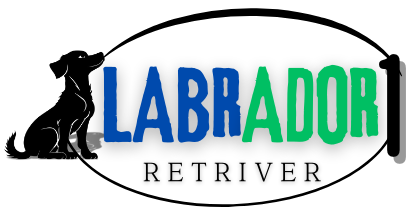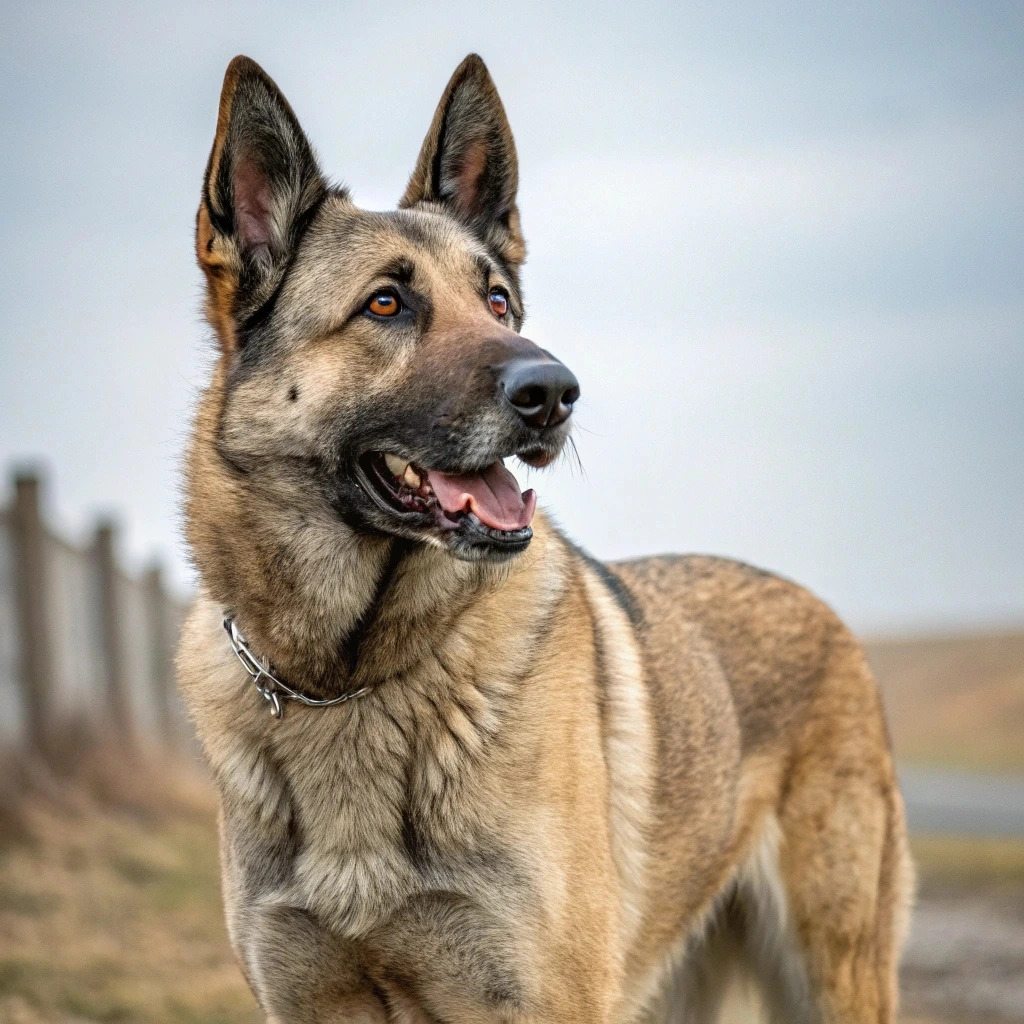Understanding the German Shepherd Mix: Characteristics and Behavior
You’re about to meet one of the most devoted, perceptive, and adaptable friends you can find if you’re thinking about bringing a German Shepherd mix into your home. This article will walk you through everything you need to know, regardless of whether you’ve already fallen in love with a particular mix or are simply interested in what these dogs have to offer. You will learn everything you need to know to give your German Shepherd mix the best life possible, from behavior and physical characteristics to health and maintenance.
Table of Contents
What Is a German Shepherd Mix?
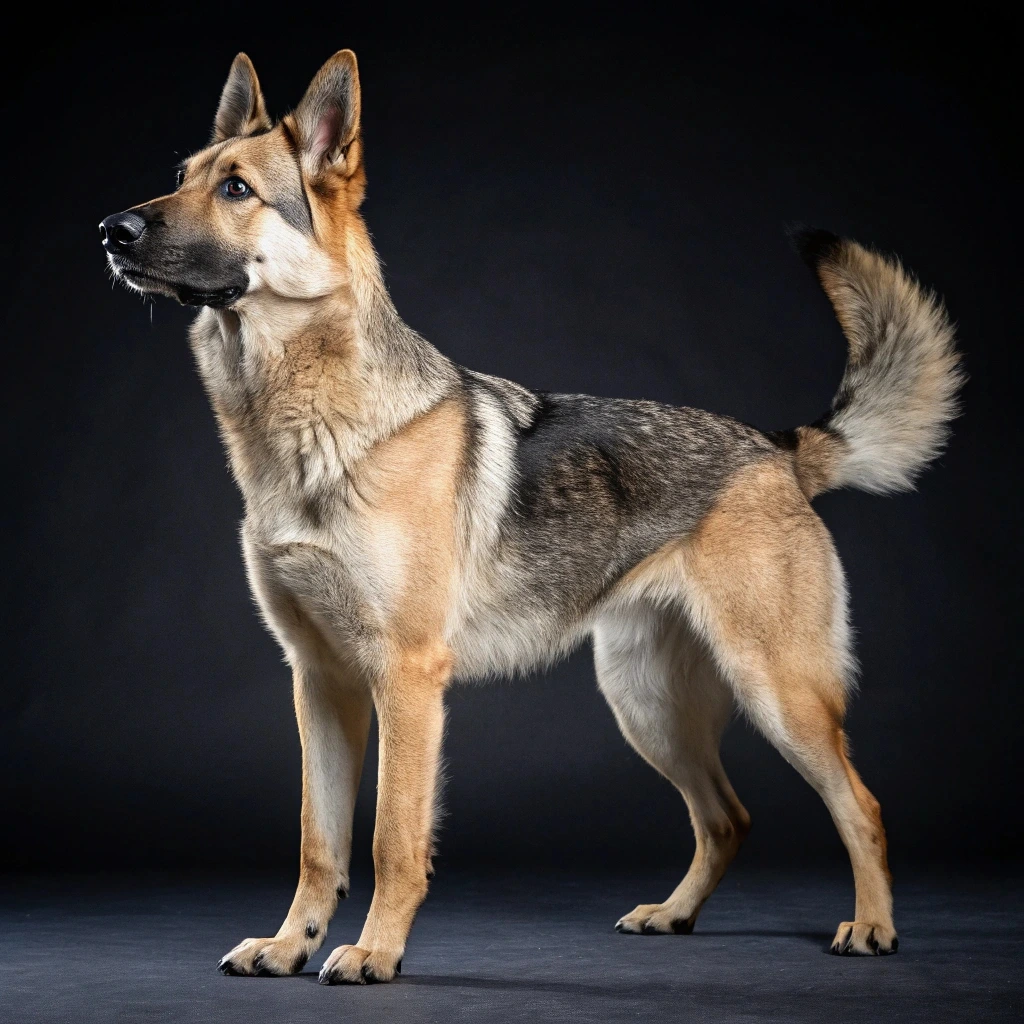
A dog whose ancestry combines a purebred German Shepherd with another breed is known as a German Shepherd mix. Depending on the other breed involved, this crossbreeding produces a vast range of sizes, temperaments, and appearances.
Popular German Shepherd Mixes
Some of the most beloved German Shepherd mixes include:
- The Sheprador, a German Shepherd Labrador Retriever Mix, is renowned for being intelligent and amiable.
- The German Shepherd Husky Mix, also known as the Gerberian Shepsky, combines the Shepherd’s devotion with the husky’s resilience.
- German Shepherd Rottweiler Mix: A powerful and protective combination.
- German Shepherd Boxer Mix: Energetic and affectionate.
Each mix brings its own blend of traits, meaning your dog can be unique in appearance and personality.
Physical Characteristics of German Shepherd Mixes
Size and Weight
Your German Shepherd mix’s size will depend largely on the other breed involved. Generally, these dogs are medium to large-sized.
| Mix Type | Average Weight (kg) | Average Height (cm) |
|---|---|---|
| German Shepherd + Labrador | 27 – 38 | 55 – 65 |
| German Shepherd + Husky | 25 – 40 | 53 – 63 |
| German Shepherd + Rottweiler | 35 – 50 | 58 – 68 |
| German Shepherd + Boxer | 30 – 45 | 55 – 66 |
Note: Individual dogs may vary; always consider both parents’ sizes.
Coat and Appearance
German Shepherd mixes can inherit different coat types:
- Short Coat: Easy to groom, requires less maintenance.
- Medium to Long Coat: More shedding, regular brushing needed.
- Double Coat: Dense undercoat with a coarse topcoat, common in mixes involving Husky.
Color patterns are equally diverse, ranging from classic black and tan to sable, all black, or mixed patterns.
Behavioral Traits of German Shepherd Mixes
Intelligence and Trainability
The intelligence of German Shepherds is one of their most notable traits. Although the degree can vary, this trait usually stays strong when combined with other breeds. Many German Shepherd mixes are quick learners who benefit from regular training, as you will discover.
Training tips:
- Use positive reinforcement such as treats and praise.
- Keep training sessions short but frequent.
- Introduce new commands gradually.
Temperament and Personality
These dogs are often known for their:
- Loyalty: They form strong bonds with their family.
- Protectiveness: Many mixes inherit the guarding instincts of the German Shepherd.
- Playfulness: Depending on the other breed, your dog might be highly energetic and playful.
- Social Behavior: Early socialization is key to ensuring your dog is friendly with other pets and people.
Activity Level and Exercise Needs
German Shepherd mixes tend to have high energy levels, requiring:
- Exercise for at least one or two hours every day.
- puzzles, training, or agility exercises that stimulate the mind.
- To avoid boredom and destructive behavior, schedule regular playtime and walks.
Health and Lifespan of German Shepherd Mixes
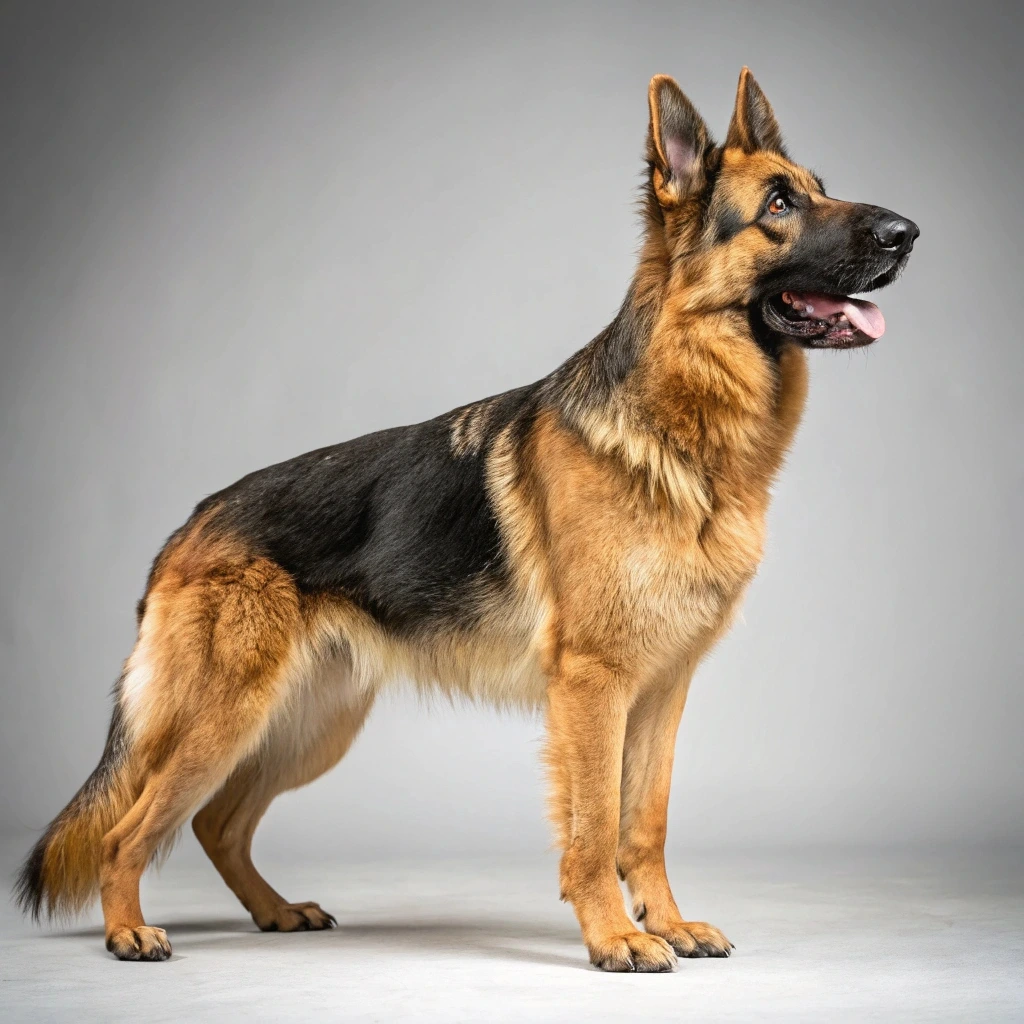
Common Health Concerns
Certain health issues that are common in purebreds may be less common in mixed breeds because they frequently benefit from hybrid vigor. German Shepherd mixes may still be susceptible to the following conditions, though:
- Hip Dysplasia: A genetic issue where the hip joint doesn’t fit properly.
- Similar to hip dysplasia, elbow dysplasia affects the elbow joint.
- Degenerative Myelopathy: A progressive spinal disease.
- Bloat: A serious stomach condition.
Risks are decreased by responsible breeding methods and routine veterinary examinations.
Lifespan and Age Chart
German Shepherd mixes tend to live between 10 and 14 years, but this depends on size, genetics, and care.
| Age (Years) | Human Equivalent (Years) |
|---|---|
| 1 | 15 |
| 2 | 24 |
| 3 | 28 |
| 4 | 32 |
| 5 | 36 |
| 6 | 40 |
| 7 | 44 |
| 8 | 48 |
| 9 | 52 |
| 10 | 56 |
| 11 | 60 |
| 12 | 64 |
| 13 | 68 |
| 14 | 72 |
To make the most of these years, keep your dog nourished and active.
Nutrition and Diet for German Shepherd Mixes
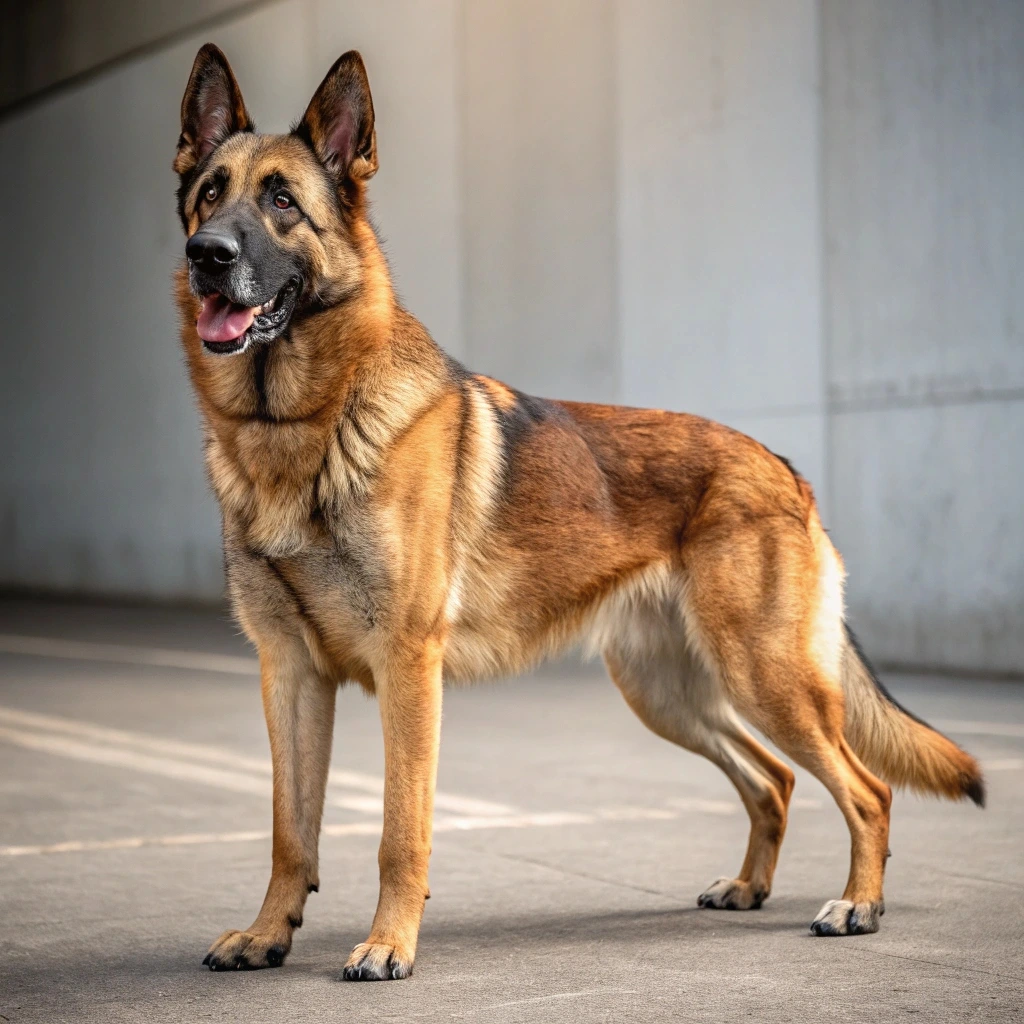
Feeding your German Shepherd mix the right diet is essential for health, energy, and longevity.
Nutritional Needs
- Protein: To promote muscle growth, aim for 25–30% protein.
- Fats: 12-15% fats for energy and healthy skin.
- Carbohydrates: Moderate amounts for energy.
- Vitamins and Minerals: Essential for overall health.
Recommended Daily Portions by Weight and Age
| Weight (kg) | Puppy (grams) | Adult (grams) | Senior (grams) |
|---|---|---|---|
| 10 | 200 – 300 | 180 – 250 | 150 – 200 |
| 20 | 400 – 500 | 350 – 450 | 300 – 350 |
| 30 | 600 – 700 | 550 – 650 | 450 – 550 |
| 40 | 750 – 900 | 700 – 850 | 600 – 700 |
Always consult your vet for personalized advice.
Caring for Your German Shepherd Mix
Grooming and Maintenance
- Brushing: At least twice a week, more during shedding season.
- Bathing: Every 6-8 weeks or as needed.
- Nail trimming: Monthly.
- Ear cleaning: Weekly to prevent infections.
Training and Socialization Tips
- To expose your dog to a variety of people, animals, and environments, start socialization early.
- Use consistent commands and reward good behavior.
- Enroll in obedience classes if possible.
Living Environment
- German Shepherd mixes adapt well to houses with yards but can live in apartments if exercised properly.
- Provide a safe, comfortable space for rest.
- Exercise is important, but so is mental stimulation.
Frequently Asked Questions (FAQ)
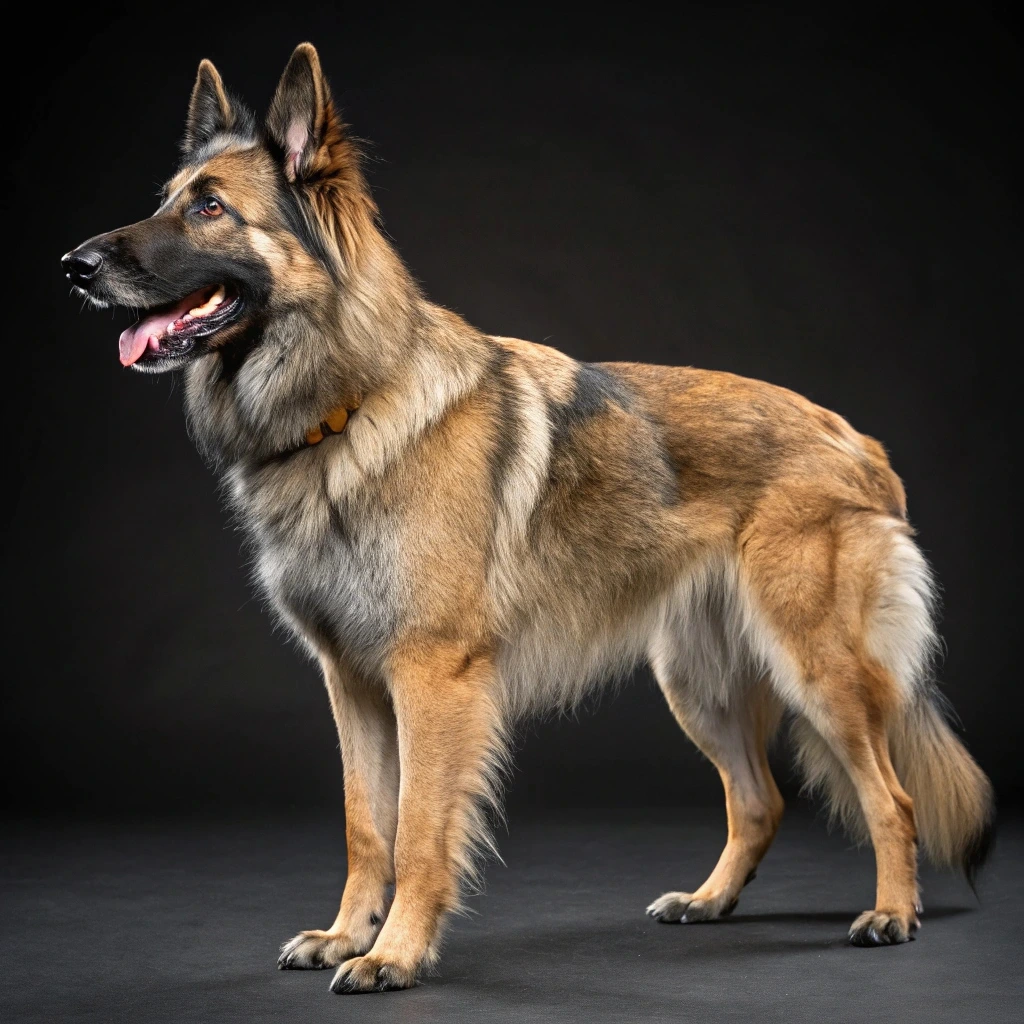
What is a German Shepherd mix?
A German Shepherd mix is a dog bred by crossing a purebred German Shepherd with another dog breed, resulting in unique traits from both parents.
Are German Shepherd mixes good family dogs?
Yes, with proper training and socialization, these mixes are loyal, protective, and excellent companions for families.
How much exercise is necessary for a German Shepherd mix?
Most require at least 1-2 hours of exercise daily, including walks, playtime, and mental challenges.
What are common health issues in German Shepherd mixes?
Common concerns include hip and elbow dysplasia, bloat, and spinal diseases; responsible care and vet visits help manage risks.
How do I train a German Shepherd mix effectively?
Use positive reinforcement, be consistent, keep training sessions engaging, and start early for the best results.
Conclusion
Your journey with a German Shepherd mix can be one of the most rewarding experiences you’ll have as a dog owner. These dogs bring intelligence, loyalty, and energy into your home, making them fantastic companions if you provide the right care and attention. By understanding their characteristics and behavior, you’re already a step ahead in offering your furry friend the best life possible.
